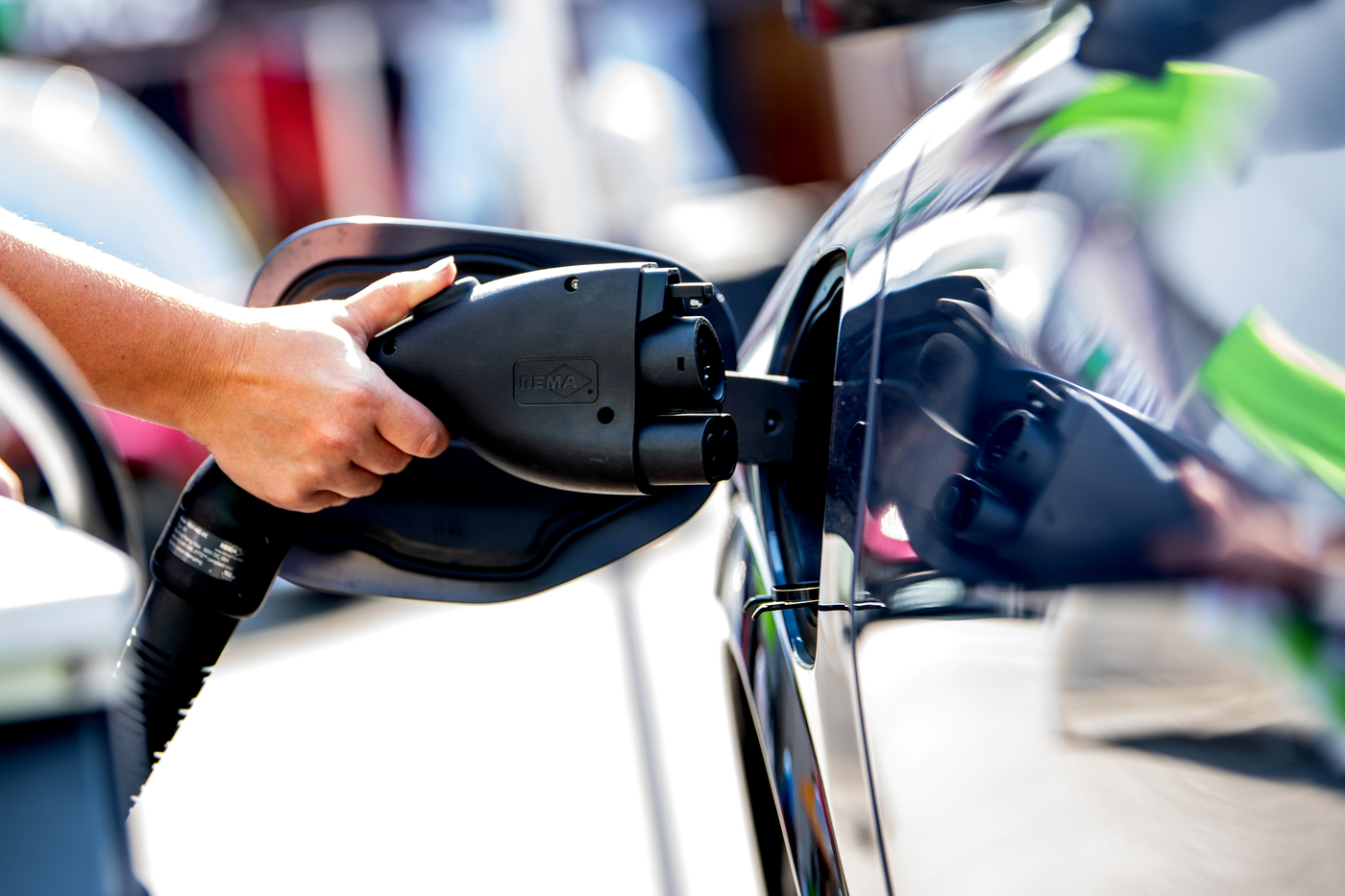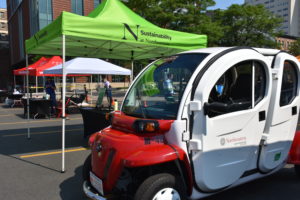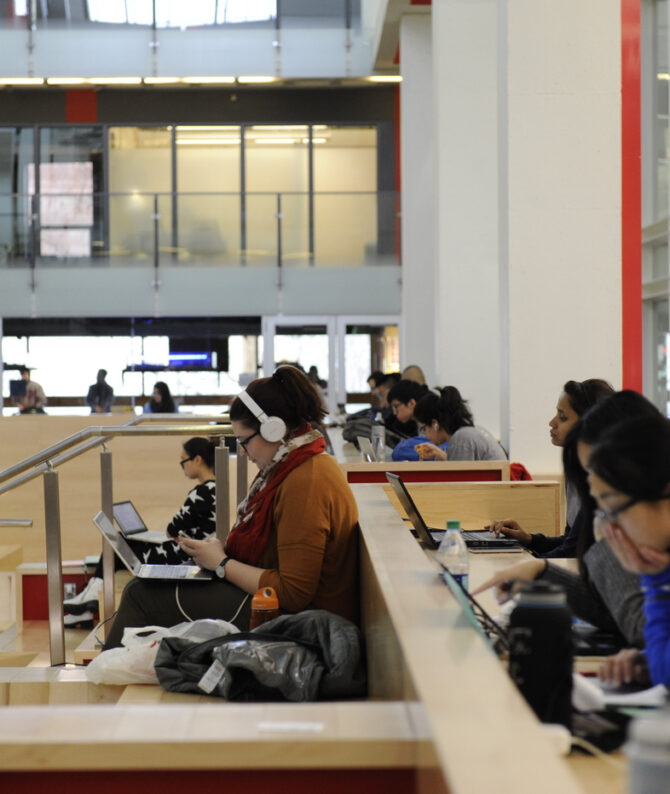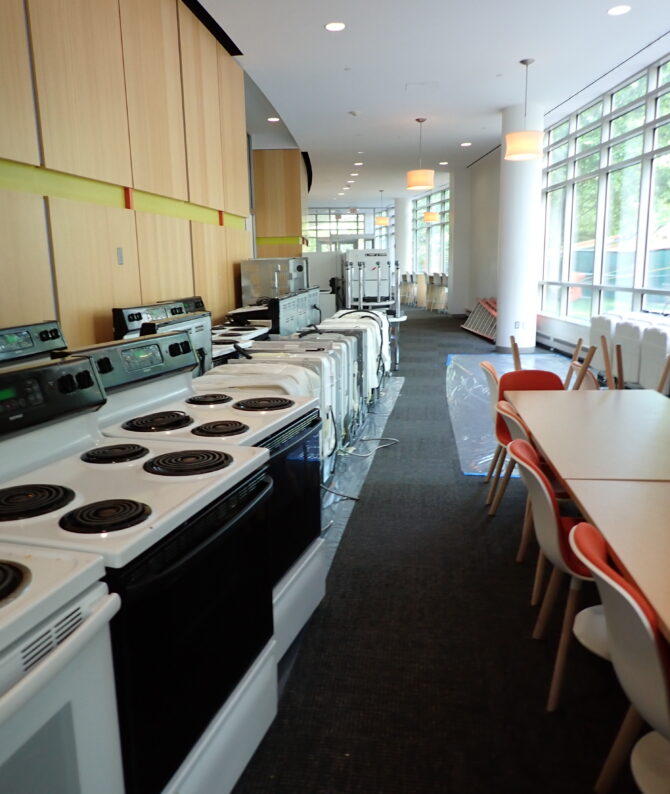EV Excitement

At the end of 2020, Massachusetts announced that it would ban the sale of new gasoline powered vehicles starting in 2035 as part of the state’s roadmap to decarbonization by 2050. In order to get there, there will need to be continuing advancements in technology and infrastructure across the state and the country, the most important of which is the expansion of electric vehicle (EV) charging stations. The ban won’t take effect for another 13 years, and it doesn’t address the millions of used gas-powered vehicles that will still be on the road. Despite the limitations of the proposed ban, Northeastern University and others in Boston are getting a head start.
Northeastern is currently home to 32 EV charging stations, located in the Columbus, Renaissance Park, and Gainsborough garages. The stations are first come first serve, and are free to use.
Northeastern is also finalizing a contract with Good2Go, an income-tiered electric car share with three locations in Roxbury. It aims to provide access to clean and affordable transportation to everyone. The Good2Go fleet includes Nissan LEAFs and Chevy Bolts, both 100% electric. One of these cars will be housed in one of the Northeastern garages with EV charging stations.
Good2Go is hoping to get started this spring and once it’s running, customers need to apply for a membership for $20. Once approved, there will be an app to reserve and unlock the cars. Charging will be free, and there is no limit to the number of miles you can drive. Good2Go is partially funded by grants and will be partially funded by member rates which are $10/hour standard and $5/hour reduced for those who qualify.
 |
Northeastern University and other groups in Boston are doing their part to begin the switch from gas to electric vehicles, but there are still questions about if the proposed ban goes far enough.
“Banning the sale of new vehicles that are fossil fuel burning in 2035 is a nice start,” said Daniel Aldrich, a professor of environmental policy at Northeastern. “It’s also pretty easy, because right now it means nothing has to be done. It’s 2022. Is your life changing because of this law? Probably not.”
|
Northeastern is setting an example by making EVs more practical for those who drive into the school, and needs to continue to press the issue.
“It’s a nice thing to say, it shows that we care, but the actual cost to us now is low – and the actual impact in the future is really hard to gauge right now,” said Aldrich of the state’s future ban. “There are a lot of things we could be doing in the meantime that would actually change carbon emissions right now. We don’t need to change carbon emissions in the future. The world is on fire in 2022.”
The continued growth of electric vehicles and the resultant displacement of gas ones will be an important factor in the fight against climate change. But it’s just one tool from what needs to be a vast arsenal of them that we need to use if we’re serious about creating real change.
Written by Adam Doucette – 3/8/2022



